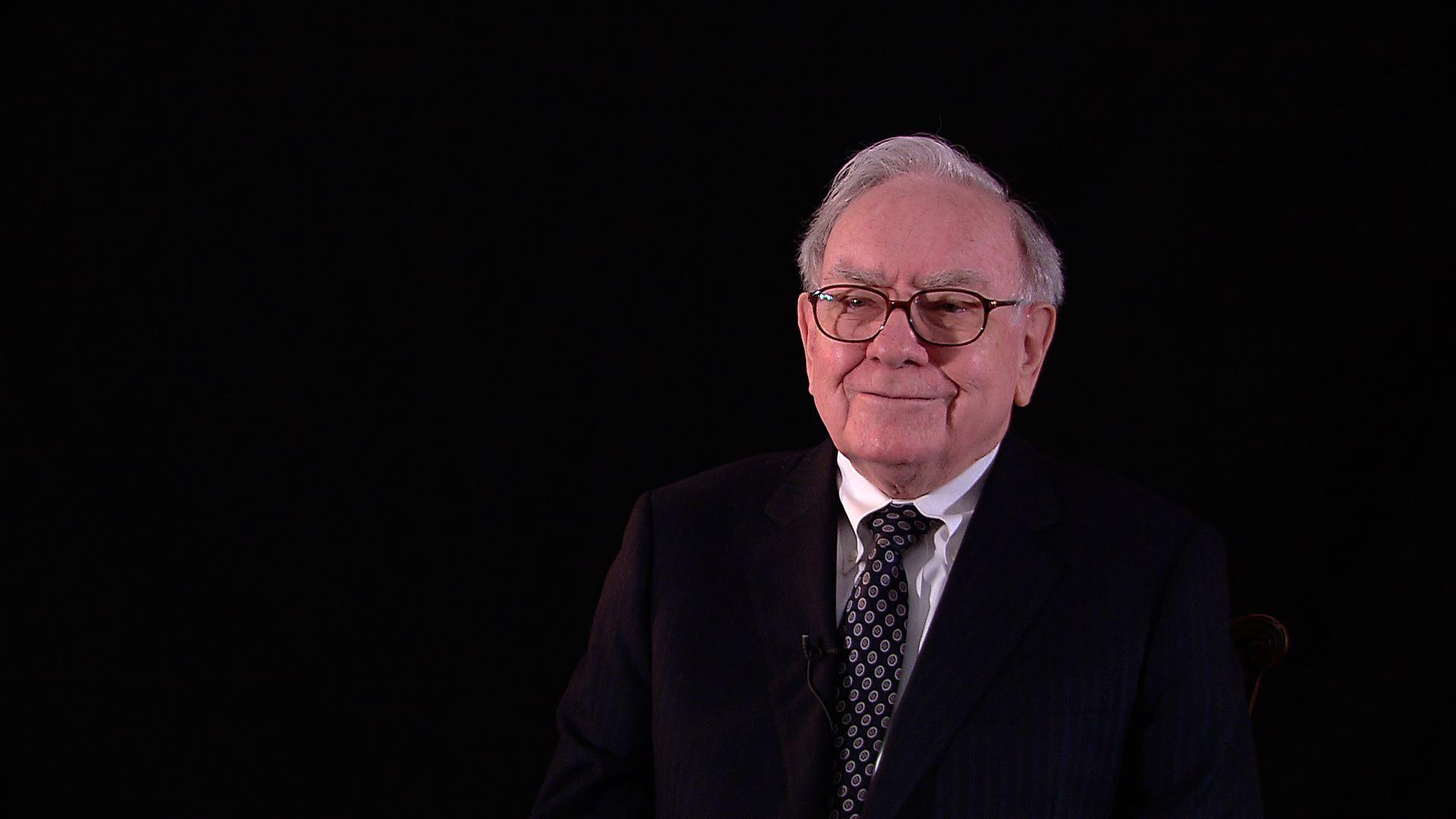
US share markets are trading near record highs and look on track to close in the green for the third consecutive year. However, the US market cap-to-GDP indicator has surpassed 200%, a level Warren Buffett once warned is like “playing with fire.”
Buffett has termed the ratio as “probably the best single measure of where valuations stand at any given moment.” It has averaged 85% since the 1970s, and a ratio above 100% is seen as a sign of overvaluation by some.
Buffett has been on a share-selling spree
Buffett has been on a share-selling spree. Berkshire Hathaway was a net seller to the tune of $3 billion in Q2. It was the 11th consecutive quarter when the Warren Buffett-led conglomerate net sold stocks. The company ended June with a cash pile of $344.09 billion, which is slightly below the $347.7 billion that the company reported at the end of March.
To gauge the size of that cash pile, consider the fact that Berkshire now owns over 5% of all outstanding U.S. Treasury bills.
Buffett has alluded to high valuations
Responding to a question over the burgeoning cash pile, during this year’s annual shareholder meeting, Buffett said, “We have made a lot of money by not wanting to be fully invested at all times.”
Buffett said that Berkshire “came pretty close to spending $10 billion,” but the deal did not go through. He added, “I mean, those decisions are not tough to make when something is offered that makes sense to us and that we understand and offers good value.”
The nonagenarian, however, dismissed the idea that he is stockpiling the cash for his successor, Greg Abel, and joked, “I wouldn’t do anything nearly so noble.” Notably, Buffett has announced his retirement, and Abel will step into his shoes next year.
Previously, in this year’s annual letter, Buffett had said, “Berkshire shareholders can rest assured that we will forever deploy a substantial majority of their money in equities – mostly American equities, although many of these will have international operations of significance.”
“Berkshire will never prefer ownership of cash-equivalent assets over the ownership of good businesses, whether controlled or only partially owned,” added Buffett in the letter.
Buffett, however, hinted that he does not find market valuations attractive and said, “We are impartial in our choice of equity vehicles, investing in either variety based upon where we can best deploy your (and my family’s) savings.” The nonagenarian added, “Often, nothing looks compelling; very infrequently, we find ourselves knee-deep in opportunities.”
Berkshire hasn’t repurchased any shares for four quarters
It is not only broader markets that Buffett finds overvalued, and Berkshire hasn’t repurchased any shares for four consecutive quarters. The conglomerate spent over $50 billion repurchasing its shares between 2020 and 2021, and since then, the buyback activity has been quite tepid before coming to a halt in Q3 2024
Berkshire has exited BYD
In a move that marks the end of a legendary investment chapter, Buffett has fully sold its stake in Chinese electric vehicle giant BYD, a holding that grew from a modest initial investment into one of the conglomerate’s most profitable international wagers.
The divestment, which began in 2022 and concluded recently, brings to a close a 17-year-long partnership that was a testament to the foresight of the late Charlie Munger, Warren Buffett’s long-time business partner.
Berkshire’s journey with BYD began in 2008, when the company was a relatively unknown battery manufacturer. At the urging of Charlie Munger, Berkshire invested $230 million for 225 million shares, acquiring a 10% stake in the Shenzhen-based company. While the move seemed out of character for Buffett’s typical investment playbook, Munger defended it, calling BYD founder Wang Chuanfu a “damn miracle.”
Berkshire’s decision to exit was not abrupt. The company began trimming its position in August 2022, capitalising on a significant run-up in BYD’s stock price. The sell-down was gradual, and by mid-2024, Berkshire’s holdings had fallen below the 5% disclosure threshold in Hong Kong, allowing subsequent sales to go unreported. The final confirmation of the full exit came from a quarterly filing by Berkshire Hathaway Energy, which listed the value of its BYD stake as zero as of March 31, 2025.
Buffett has warned of geopolitical risks
While Buffett has not provided a detailed explanation for the divestment, he has previously hinted at a reevaluation of geopolitical risks associated with Chinese investments. In 2023, he sold a major stake in Taiwan Semiconductor Manufacturing Company (TSMC) just months after buying in, citing a “dangerous world.”
Meanwhile, BYD’s response to Berkshire exiting its stake in the company was rather cold. In a post on Weibo, BYD public relations executive Li Yunfei wrote, “In August 2022, Berkshire began gradually reducing its holdings of company shares purchased in 2008, and by last June, its stake had fallen below 5%…Investing in stocks involves both buying and selling, which is completely normal…We are grateful for Charlie Munger’s and Warren Buffett’s recognition of BYD, as well as for the investment, support, and companionship over the past 17 years…Praise to all long-term believers!”
Buffett has sounded an alarm on rising deficits
While Buffett hasn’t provided a specific reason for his relentless share selling spree, where, among others, he has trimmed stakes in top holdings like Apple and Bank of America, he has been warning on soaring US fiscal deficits, which could be one reason making him bearish on stocks.
“We are operating at a fiscal deficit now that is unsustainable over a very long period of time. We don’t know whether that means two years or 20 years, because there’s never been a country like the United States, but this is something that can’t go on forever,” said Buffett at the annual meeting this year, where, among others, he announced his retirement from the conglomerate.
Buffett joins ranks with other leading observers, including Fed chair Jerome Powell, who have cautioned on the US debt and fiscal position reaching alarming levels.

Question & Answers (0)